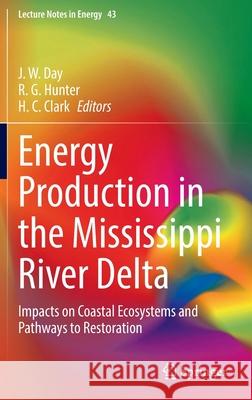Energy Production in the Mississippi River Delta: Impacts on Coastal Ecosystems and Pathways to Restoration » książka
topmenu
Energy Production in the Mississippi River Delta: Impacts on Coastal Ecosystems and Pathways to Restoration
ISBN-13: 9783030945251 / Angielski / Twarda / 2022 / 248 str.
Energy Production in the Mississippi River Delta: Impacts on Coastal Ecosystems and Pathways to Restoration
ISBN-13: 9783030945251 / Angielski / Twarda / 2022 / 248 str.
cena 523,30
(netto: 498,38 VAT: 5%)
Najniższa cena z 30 dni: 501,19
(netto: 498,38 VAT: 5%)
Najniższa cena z 30 dni: 501,19
Termin realizacji zamówienia:
ok. 16-18 dni roboczych.
ok. 16-18 dni roboczych.
Darmowa dostawa!
Kategorie:
Kategorie BISAC:
Wydawca:
Springer
Język:
Angielski
ISBN-13:
9783030945251
Rok wydania:
2022
Ilość stron:
248
Waga:
0.52 kg
Wymiary:
23.39 x 15.6 x 1.6
Oprawa:
Twarda
Wolumenów:
01
Dodatkowe informacje:
Wydanie ilustrowane











